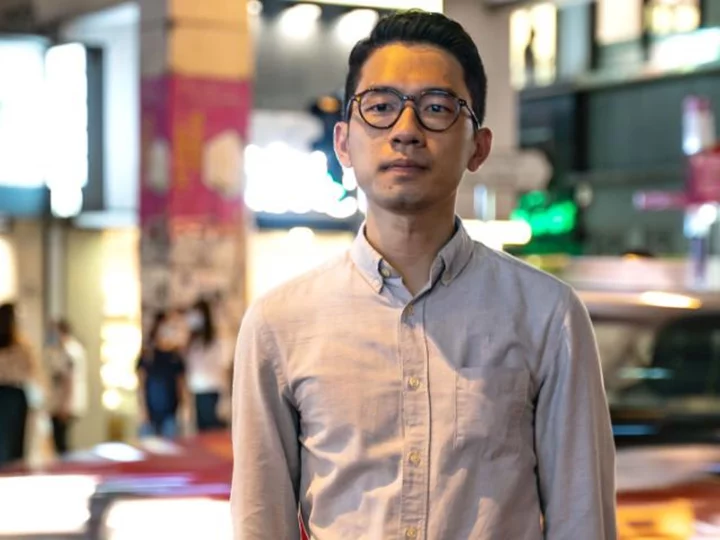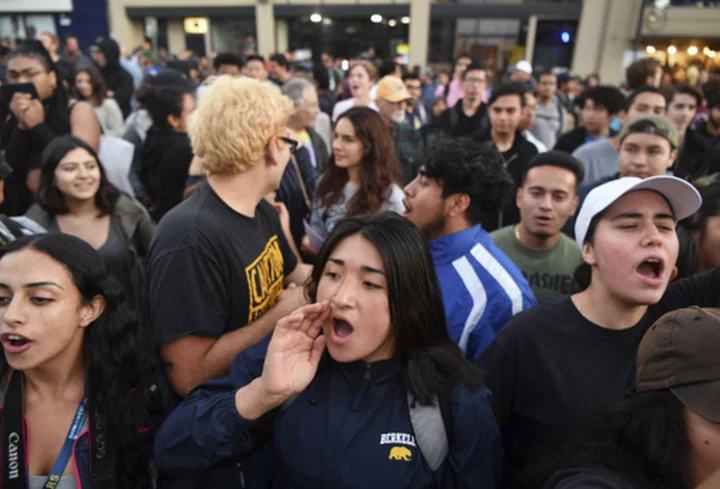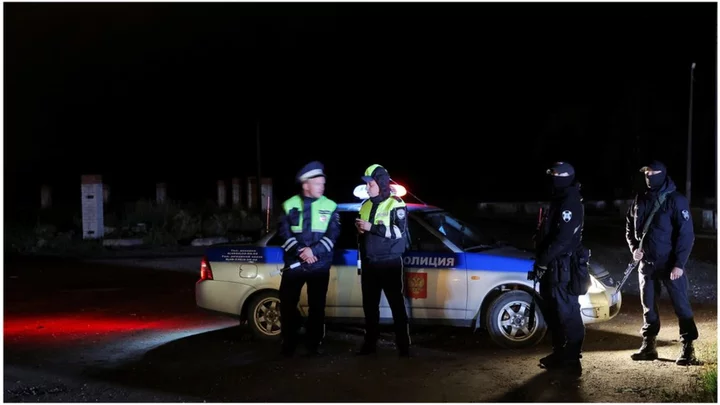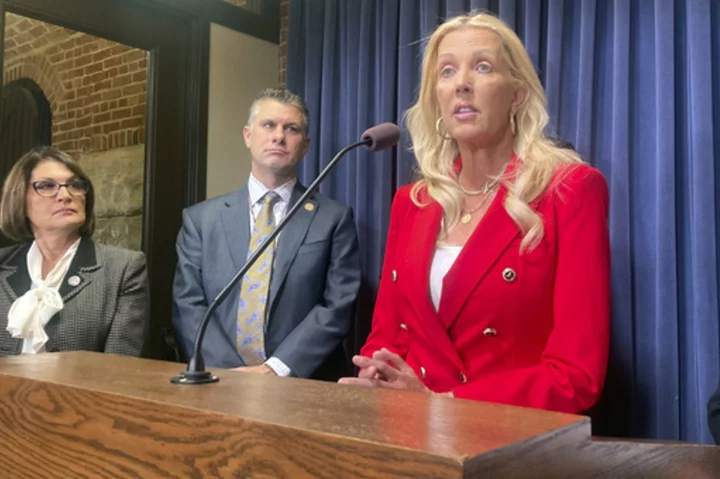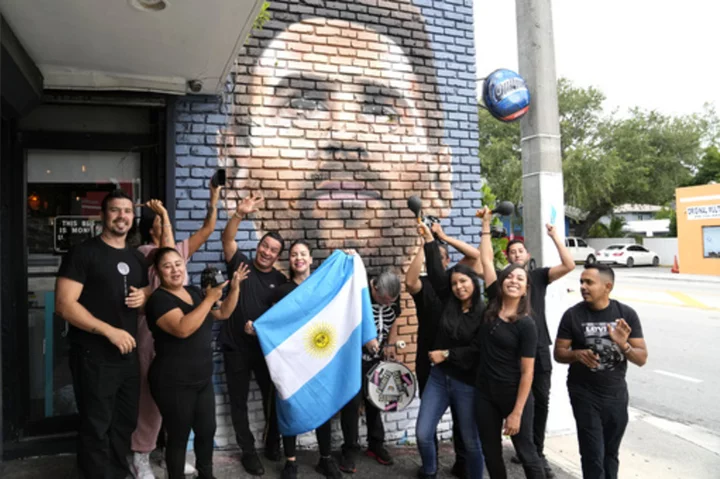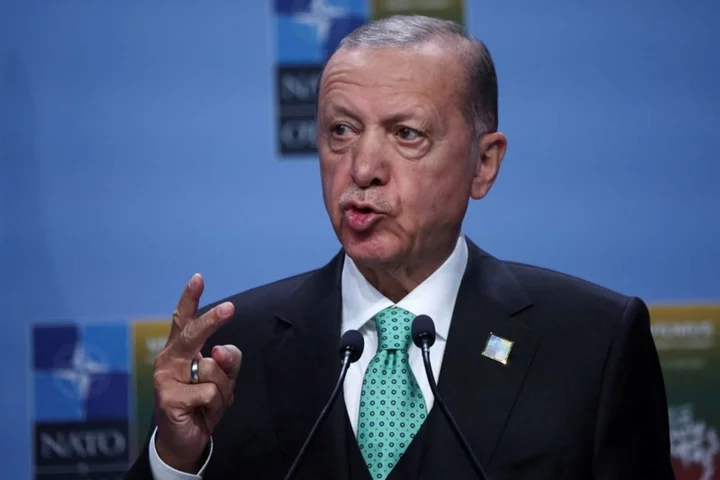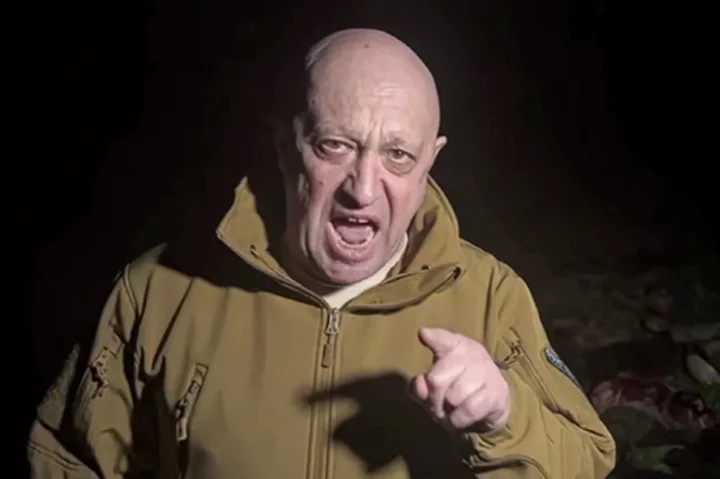Hong Kong police on Monday placed $1 million ($127,603) bounties on eight prominent democracy activists in self-imposed exile, in a move strongly condemned by rights groups and Western governments.
The activists, including former lawmakers Nathan Law, Dennis Kwok and Ted Hui, have been accused of violating national security offenses ranging from collusion with foreign forces to subversion of state power.
After leaving Hong Kong in recent years, many of the activists have continued to speak out against what they say is Beijing's crackdown on their home city's freedoms and autonomy.
The group of seven men and one woman are now based in the United States, Canada, Britain and Australia -- countries that have suspended their extradition treaties with Hong Kong due to concerns of the controversial national security law.
The sweeping law was imposed by Beijing on Hong Kong in 2020, after huge pro-democracy protests roiled the semi-autonomous city in the previous year. It criminalizes secession, subversion, terrorism, and collusion with foreign powers and carries a maximum punishment of life imprisonment.
Critics say the legislation has been used to crush the city's opposition movement, overhaul its electoral system, silence its outspoken media and cripple its once-vibrant civil society. Many of Hong Kong's prominent pro-democracy figures have either been detained or fled into self-imposed exile.
The Hong Kong government has repeatedly denied the national security law is suppressing freedoms. Instead, it insists the law has ended chaos and restored stability to the city.
On Monday, police told a press conference 260 people had been arrested under the national security law, with 79 of them convicted for offenses including subversion and terrorism.
Senior Superintendent Steve Li, with the police national security department, told reporters police had obtained arrest warrants from the court for the eight activists.
"We're absolutely not staging any show or spreading terror. We're enforcing the law," he said.
The move was condemned by the United States and Britain, whose governments urged Hong Kong to withdraw the bounty offer. Speaking on ABC's radio show on Monday, Australia's foreign minister also said the country had "deep concerns" about Hong Kong's national security law, and supported people's right of expression and protest.
The non-profit organization Human Rights Watch lambasted the national security law as creating a "veneer of legitimacy in wiping out Hong Kong people's human rights," urging democratic governments to offer greater protections to activists in exile or impose more sanctions on the Hong Kong government.
Kevin Yam, a lawyer who is among the eight targeted, said he had been "flooded with congratulations" for having the "honor to be on the list" since the police press conference Monday.
"I feel no joy over this, but feel sad for Hong Kong that people now see things this way, because it is an indication of how low Hong Kong has gone in the eyes of many," he told CNN from Australia.
Law, now based in Britain, said in a statement that while the news was stressful and meant he'd have to be more careful while traveling, it didn't come as a surprise. He criticized the national security law as being used to "suppress dissenting voices," and reiterated his hope for Hong Kong to one day gain full democracy.
"I am just a Hong Konger speaking out for Hong Kongers -- that's all," he said, and urged the public not to cooperate with the bounty offer. "We should not silence or limit ourselves, we should not be politically intimidated or blackmailed, or live in fear."

